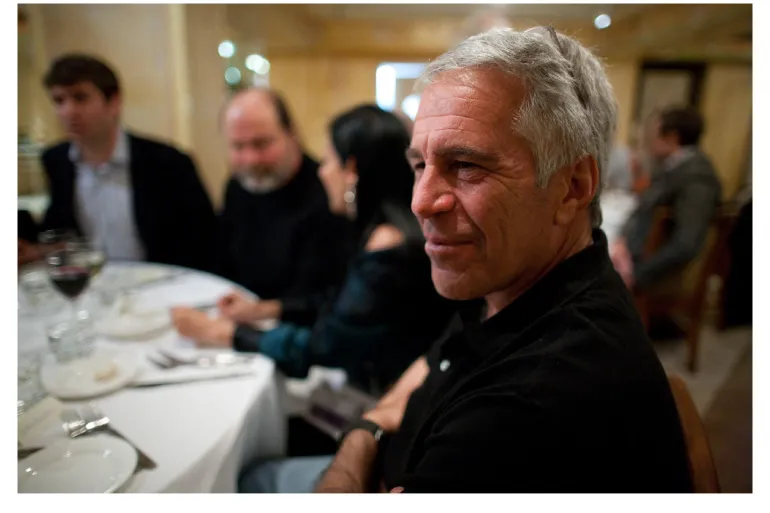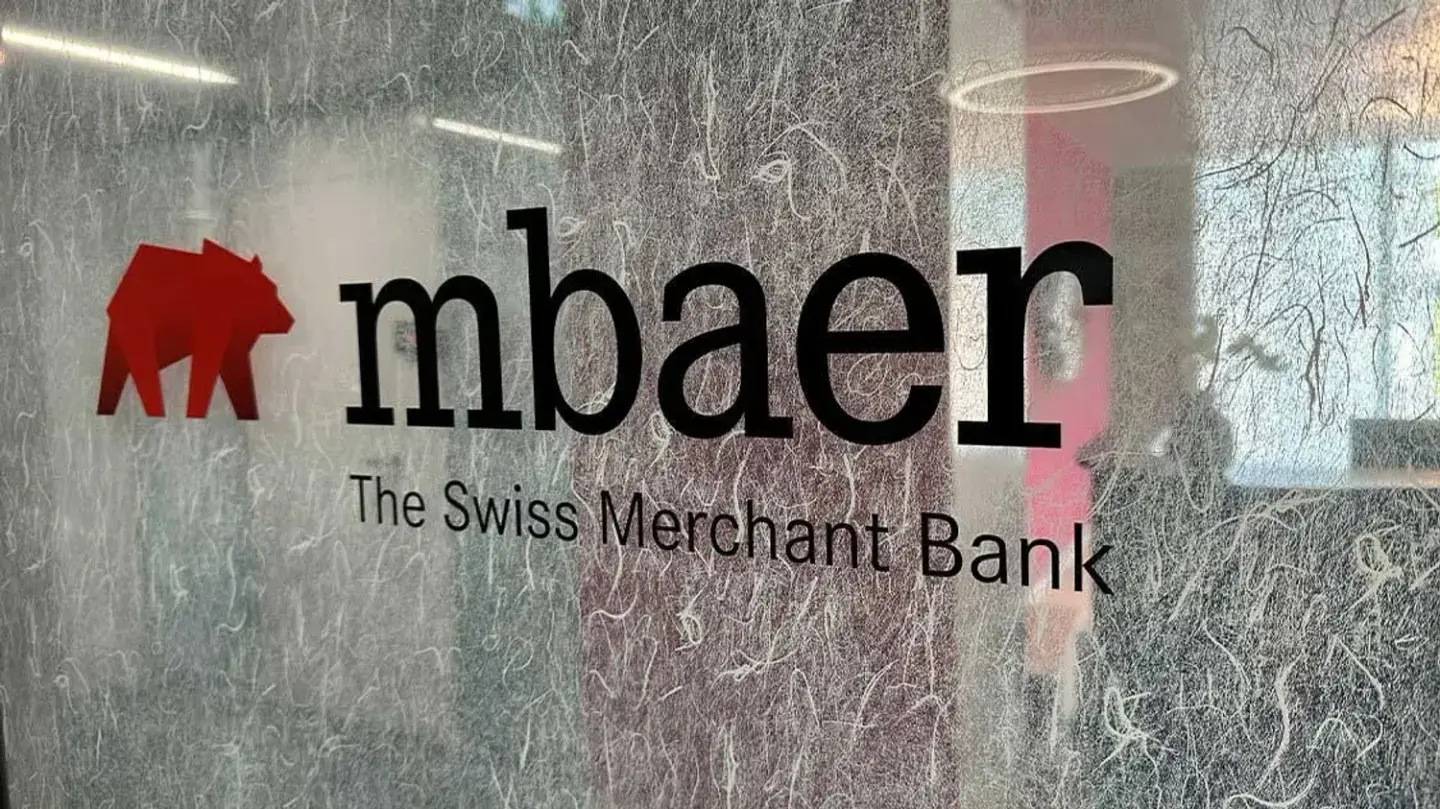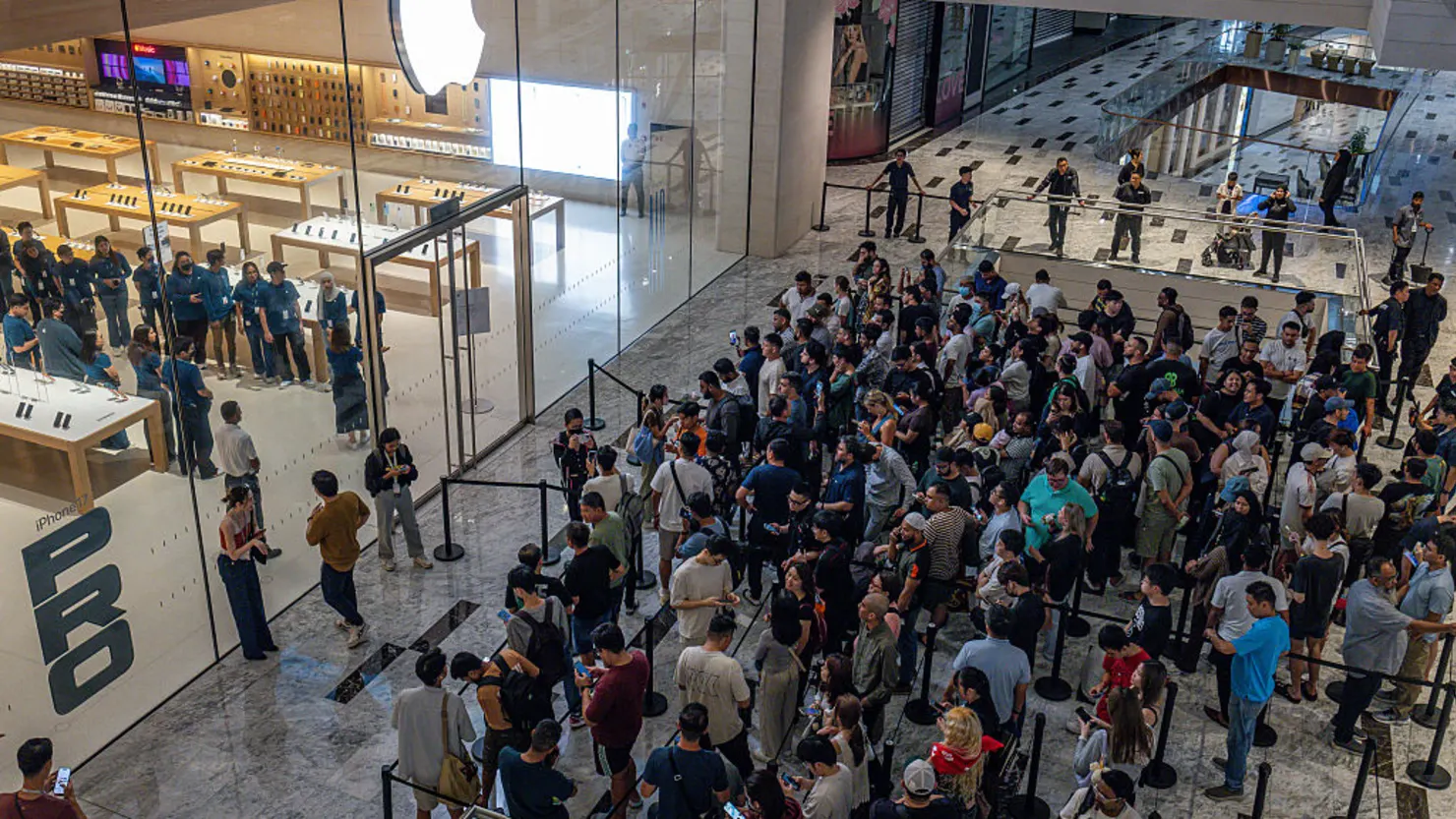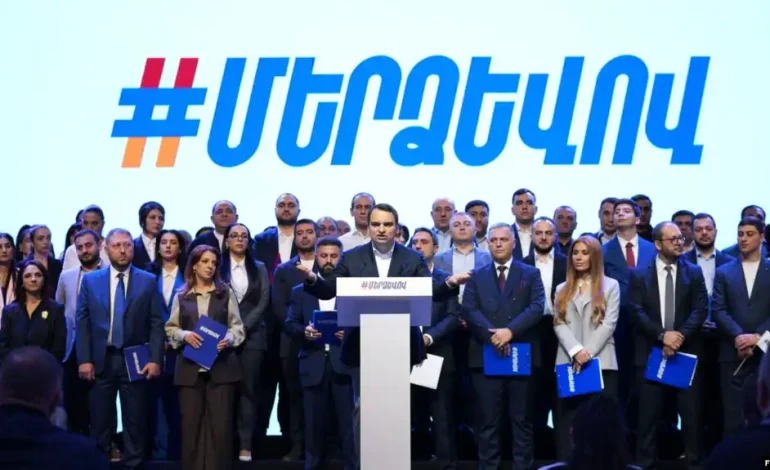If you’re trying to make sense of Armenian politics right now, think of it as a pressure cooker with three burners on high: a jailed billionaire-turned-kingmaker fueling a fast-rising opposition, a surge of European money and programs trying to stabilize the social fabric, and growing Turkish–Azerbaijani leverage reshaping the country’s choices from the outside in.
Start with the most combustible element. Samvel Karapetian, the Moscow-based Armenian tycoon arrested in June after publicly defending the Armenian Apostolic Church and blasting Prime Minister Nikol Pashinyan, isn’t fading away behind bars. He’s building. His “Mer Dzevov” (“In Our Way”) movement, launched in late summer and fronted for now by his nephew Narek, claims roughly 5,000 members already and plans to morph into a full-fledged party with a prime-ministerial nominee in January. Polling puts the nascent movement in second place — an extraordinary debut in a landscape where disillusionment with both the government and the traditional opposition is the single largest bloc.
Karapetian can’t legally be PM due to his Russian citizenship; he also now faces tax, fraud, and money-laundering charges that he says are political. The government isn’t shy about the linkage. Pashinyan himself basically said the businessman needs to drop the Russian passport if he wants to do politics. For the movement, the message is martyrdom: every extra day their figurehead sits in the “KGB dungeon,” as supporters call it, deepens the narrative that justice is gone missing in Yerevan.
Zoom out and the whole pre-election map already looks like a campaign in everything but name. Parliamentary elections aren’t until June 7, 2026 — unless snap polls arrive sooner — but everyone’s moving. Pashinyan’s Civil Contract opened its seventh congress by pitching a “Fourth Republic,” built on a “real Armenia” that seeks EU accession and normal ties with Turkey and Azerbaijan. That vision demands a new constitution; Aliyev insists the current one’s preamble keeps alive territorial claims. Translation: Yerevan is preparing to rewrite the state’s founding document to unlock a peace deal — and to convince a bruised electorate that this time, appeasement buys actual security.
The opposition smells blood but can’t agree on who holds the knife. The Hayastan bloc aligned with former president Robert Kocharyan will “participate actively.” So will a parade of others: Hayk Marutyan’s reformist “New Power,” Gagik Tsarukyan’s Prosperous Armenia, Artur Vanetsyan’s Hayrenik, and the newly formalized “Mother Armenia” under Andranik Tevanyan. Veterans like Aram Manukyan warn the playing field is slanted by rule changes that raise thresholds for alliances and by a pattern of pressure on elected local leaders — citing cases in Alaverdi and Vanadzor — to dissuade challengers before ballots are cast. The gloom isn’t performative; several opposition strategists expect a fragmented parliament, shaky coalitions, and the real possibility of snap elections within a year of the vote.
Then there’s raw violence. The September assassination of Volodya Grigorian, an opposition mayor in the Merdzavan community outside Yerevan, detonated local tensions. Investigators framed it as revenge tied to a prior fatal brawl; Grigorian’s supporters say the mastermind is a pro-government rival who skipped the country days before the killing. A petition is now circulating to banish that rival’s family from the village — a legally outrageous demand that nonetheless speaks to the climate. Heavy police patrols and dueling narratives haven’t calmed anything. To critics, it’s one more proof that dissenters aren’t safe; to the government’s allies, it’s an ugly feud exploited for politics. Either way, it deepens public cynicism that the state can’t or won’t protect fair competition.
While the domestic arena roils, Europe is wiring money, projects, and attention into Armenia at a steady clip. On the humanitarian front, WFP is expanding food assistance to thousands of refugee households with EU civil-protection funds. France is backing major irrigation repairs — first 18.7 km of the Spandaryan canal, the start of a 32-km overhaul aimed at slashing water losses that routinely hit 70%. School-garden initiatives, solar-powered bakeries, nutrition campaigns, and drip irrigation systems are trickling into rural regions, the kind of unglamorous resilience work that shows up in harvest yields, not headlines. Visa facilitation talks with Brussels are picking up pace, and “Young European Ambassadors” programs are visible in Yerevan, drawing Armenian students into EU-style policy simulations. Even the Estonian Refugee Council is building hydroponic greenhouses for schools in water-stressed Tavush, an oddly fitting symbol of Europe’s statecraft here: technical, incremental, and designed to anchor people to possibility rather than despair.
None of this erases the geopolitical vise. The government’s economic messaging now openly courts Turkish capital. Economy Minister Gevorg Papoyan not only endorsed pre-existing Turkish retail investments, he floated a Turkish-brand hotel by 2026 and argued that finance is the only enduring route to peace. He wants Armenian goods moving through Turkish ports and highways to lower logistics costs. It’s a realism that would have been taboo a few years ago; today it’s doctrine. The normalization dance is unmistakable — rare land-crossing visits by envoys, a quiet tweak to passport stamps (dropping Mount Ararat imagery), Turkish Airlines eyeing direct flights. In parallel, officials stress that any “Zangezur corridor” talk is framed through US cooperation, not Russian diktat, a sign of just how far the center of gravity has shifted away from Moscow.
That westward lean is exactly why Ankara and Baku hold so many chips. Azerbaijan’s demand to rewrite Armenia’s constitution isn’t a footnote; it’s a test of how far Yerevan will bend to finalize a peace that ends the war — but also locks in a regional order with Baku ascendant. Turkey’s economic pull is the sugar that makes that pill swallowable at home, especially when paired with EU cash softening the social blows. For Pashinyan, the wager is simple: a “Fourth Republic” delivers borders that stay quiet, investment that keeps the lights on, and a path to Brussels that outlasts the bitterness of concessions. For his opponents, it’s capitulation masquerading as pragmatism.
Public mood is jagged. In spring local races, Civil Contract bled in Gyumri and Parakar. Church-state friction — amplified by high-profile arrests of clergy — has disoriented a society where the church is still a core identity marker. Karapetian’s imprisonment polls as political for a strong majority. Add a refugee influx, a stagnant security picture, and an opposition that alternates between fragmentation and fury, and you get the apathy Manukyan worries about: low turnout, high cynicism, and a government winning re-election with a thinner mandate while claiming a mandate for historic change.
Where does this go? Three plausible paths stand out. One, the government pushes constitutional reform, lands a peace deal, and runs in 2026 as the party that ended the war and reopened borders — counting on EU money and Turkish trade to offset national pride wounds. Two, the opposition coalesces (or at least avoids cannibalizing itself), rides outrage over arrests, violence, and church clashes, and forces either a coalition or a snap-back election amid parliamentary gridlock. Three, the Karapetian factor scrambles both scenarios: his movement, backed by deep pockets and burnished by perceived persecution, becomes the vessel for anti-system voters who don’t want yesterday’s elites or today’s incumbents — delivering an unstable three-way split.
Whatever the route, outside players loom. Russia’s influence is weaker but not gone; it will try to reinsert itself in 2026 if only to spoil. The US is visible in corridors and investment frameworks; the EU is most visible in schools, canals, and food cards. Turkey and Azerbaijan are visible everywhere — on Armenia’s maps, in its trade routes, and now, increasingly, in its debates about identity and survival.
Armenia has lived with permanent crisis for much of its independence. What’s new is the mix: a leadership betting the country on peace through constitutional surgery and market openings; an opposition ecosystem that can’t decide whether to block, replace, or inherit that bet; and a society that wants security guarantees yesterday. If the “Fourth Republic” becomes more than a slogan, it will be because voters decided that EU paperwork and Turkish ports are a fair price for quiet borders. If it doesn’t, it will be because a jailed billionaire, a grieving village, and a wary church proved that technocratic stability can’t outrun political legitimacy.
Either way, June 2026 won’t be a normal election. It’s a referendum on Armenia’s place in a region that keeps shrinking its options — and on whether European money and a calculated embrace of Turkish and Azerbaijani leverage can buy the one thing every Armenian craves: a future that isn’t decided by someone else.










The latest news in your social feeds
Subscribe to our social media platforms to stay tuned